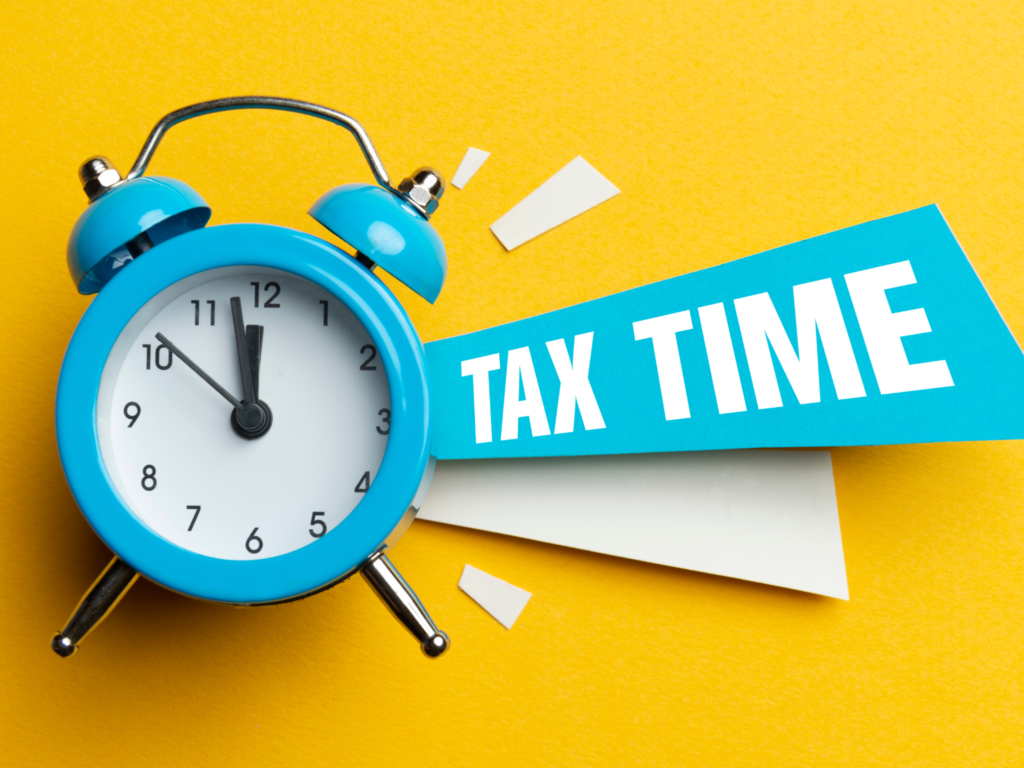

Tax Implications of Australian Investment Property Loans
Investing in property has long been a staple in the Australian dream, offering the potential for wealth creation through capital growth and rental income.
However, with the sweet prospect of returns comes the often-overlooked complexity of taxation.
Understanding the tax implications of Australian investment property loans is crucial for investors to maximize their returns and remain compliant with the law.
In this article, we’ll dissect the key tax considerations every investor should be aware of when diving into the world of property investment loans.
5 minutes
Understanding Property Tax in Australia
Before delving into the specifics of investment property loans, it’s essential to grasp the general tax framework that applies to property ownership in Australia.
Capital Gains Tax (CGT)
Whenever you sell an investment property for more than you paid for it, you’re likely to be liable for Capital Gains Tax. CGT is not a separate tax but part of your income tax and is based on the net gain you make from the sale of the property. However, there are some CGT concessions and exemptions, such as the 50% discount for properties held for more than a year, that can significantly reduce your taxable gain.
Rental Income Taxation
The rental income you receive from your investment property is considered taxable income. This means it must be declared on your tax return, and it’s taxed at your marginal tax rate. However, you can deduct certain expenses related to the rental property, which we’ll explore further below.
Land Tax
Land tax is a state tax and is calculated on the combined value of all the taxable property you own. It’s important to check with your state’s revenue office for the specific rules and thresholds, as they can vary significantly across states and territories.
Tax Implications of Investment Property Loans
When it comes to investment property loans, several tax implications can affect both your immediate cash flow and long-term financial planning.
Deductible Loan Expenses
One of the key advantages of investment property loans is the ability to deduct certain expenses related to borrowing money. These can include loan establishment fees, lender’s mortgage insurance, valuation fees required for loan approval, and interest payments on the loan itself.
Interest Deductions
The interest you pay on your investment property loan is one of the most significant deductions available to property investors. It’s important to note that you can only deduct interest during the periods your property is available for rent. If you’re using the property for personal use at any time, you’ll need to apportion the interest accordingly.
Loan Redraws and Refinancing
If you redraw additional funds from your loan or refinance to access equity for purposes unrelated to your investment property, such as buying a car or funding a holiday, the interest on those additional funds is not tax-deductible. Keep your investment loan separate from personal expenses to maintain clear and compliant tax records.
Depreciation and Building Write-Offs
Depreciation is another area where investors can claim deductions. The Australian Tax Office (ATO) allows property investors to depreciate the cost of wear and tear on the building’s structure and fixtures over time. Obtaining a depreciation schedule from a qualified quantity surveyor can help you maximize these deductions.
Depreciating Assets
Items like carpets, appliances, and furniture can be depreciated over their effective life. Each item has a different rate of depreciation, as determined by the ATO, and this can provide significant tax advantages in the early years of your investment.
Building Cost Write-Off
If your investment property was built after 1985, you could also claim a deduction for the construction cost of the building itself. This is typically spread over a 40-year period and can add a substantial amount to your yearly deductions.
Negative Gearing Benefits
Negative gearing occurs when the costs of owning a rental property – including interest on the loan, property maintenance, and other expenses – exceed the rental income it generates. This loss can be offset against other income, such as your salary, effectively reducing your overall taxable income.
Positive Cash Flow vs. Tax Minimization
While negative gearing can be a tax-effective strategy, it’s important to balance this with the goal of achieving a positive cash flow from your investment. A positively geared property, where rental income surpasses expenses, can provide you with an additional income stream.
GST and Investment Properties
In general, the sale and rental of residential properties are exempt from Goods and Services Tax (GST). However, if you’re involved in property development or flipping properties, you may be conducting an enterprise and GST obligations could apply.
Record-Keeping for Tax Purposes
Maintaining comprehensive records is essential for managing the tax implications of your investment property loan. This includes keeping track of all income and expenses, as well as any contracts, agent statements, and loan documents.
Annual Tax Return Requirements
Each year, you’ll need to include all your property-related income and deductions in your tax return. It’s advisable to work with a tax professional who specializes in property investment to ensure you claim all the deductions you’re entitled to and remain on the right side of the tax laws.
Future Changes and Considerations
Tax laws and regulations can change, and it’s crucial to stay informed about any developments that could affect your investment property tax situation. For instance, changes to negative gearing policies or CGT rules could have significant impacts on your investment strategy.
In Summary
Navigating the tax implications of Australian investment property loans can be complex, but it’s a critical aspect of successful property investment. By understanding the tax benefits and obligations associated with property loans, such as interest deductions, depreciation, and negative gearing, you can make informed decisions that optimize your tax position and enhance your investment returns.
Remember to seek professional advice tailored to your specific circumstances, and keep abreast of any changes to tax legislation that could affect your investment properties. With careful planning and management, your Australian investment property can be a valuable asset in your financial portfolio.


Thomas Makin
Thomas Makin is the Principal Mortgage Broker and Co-Founder of Scale Mortgage. He has a Diploma in Finance and Mortgage Broking Management and is accredited by the Mortgage & Finance Association of Australia (MFAA).
Thomas is known for his skill in providing tailored mortgage solutions. He helps homebuyers and investors across Australia, showing a strong commitment to professionalism and high industry standards.




